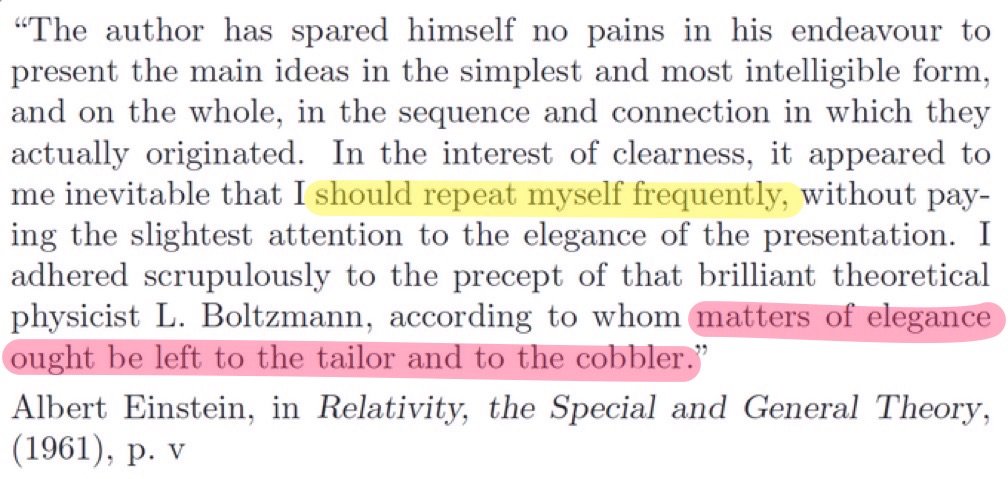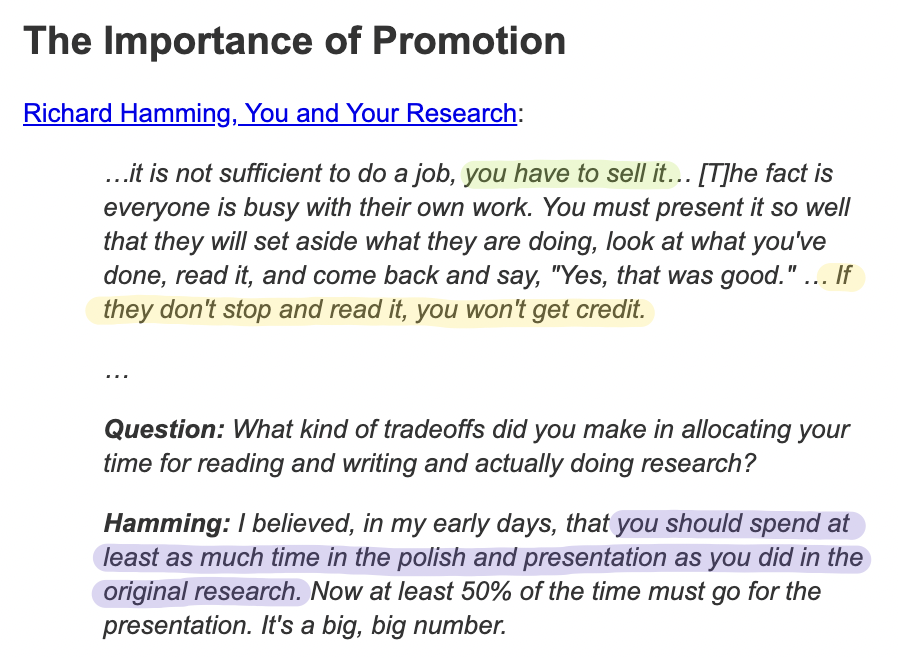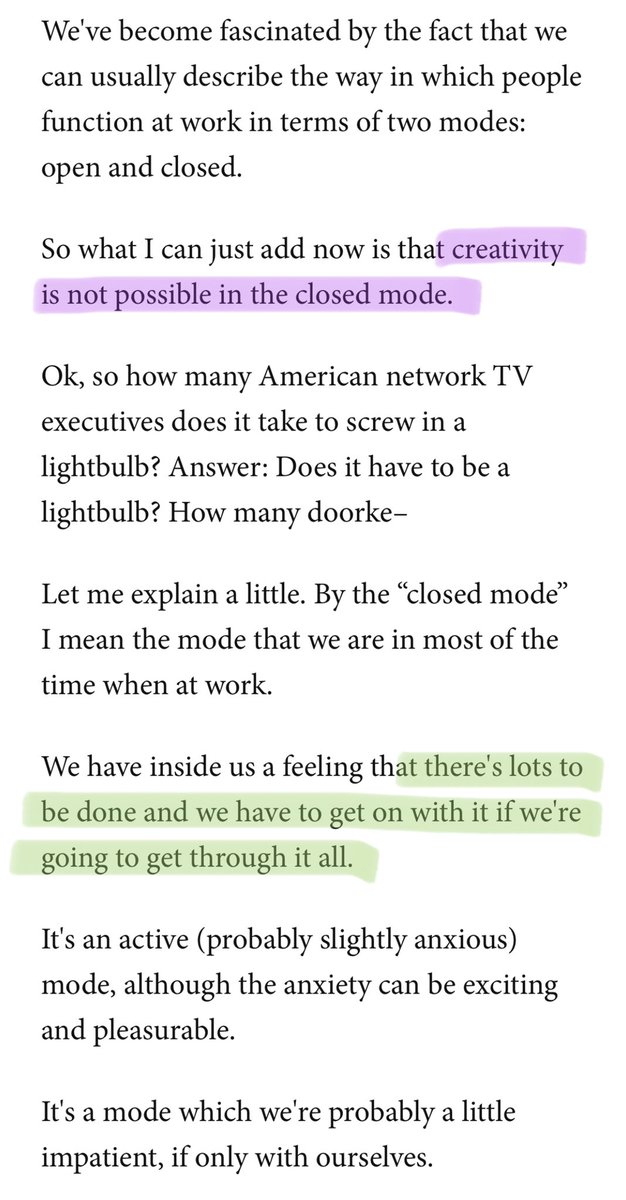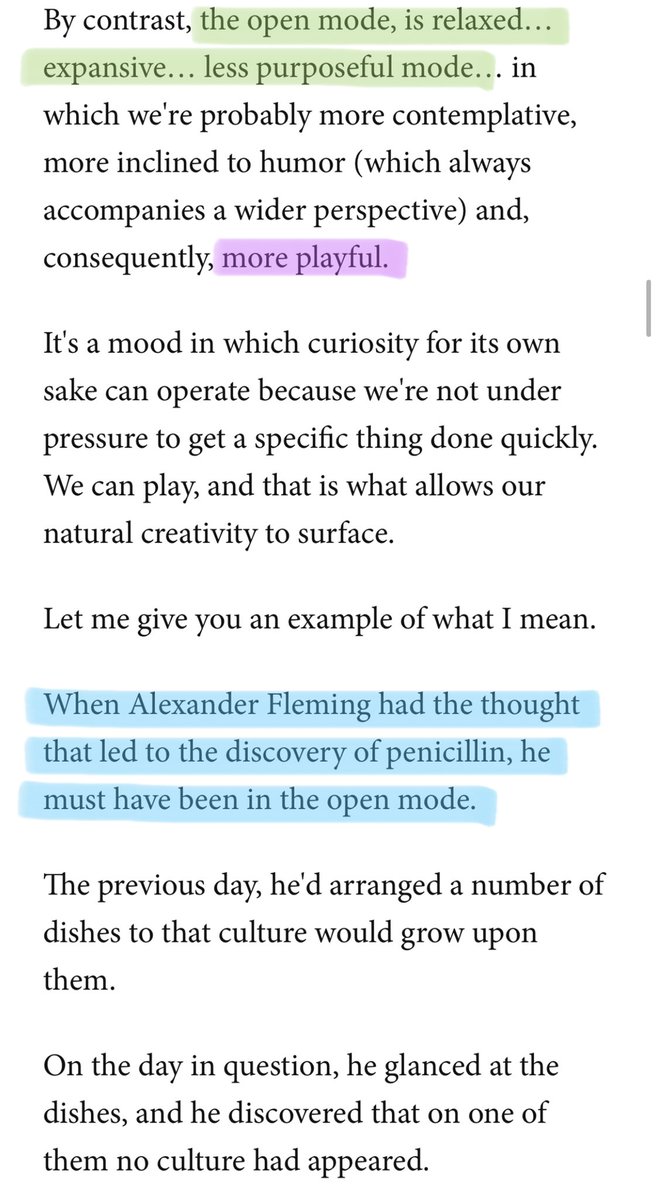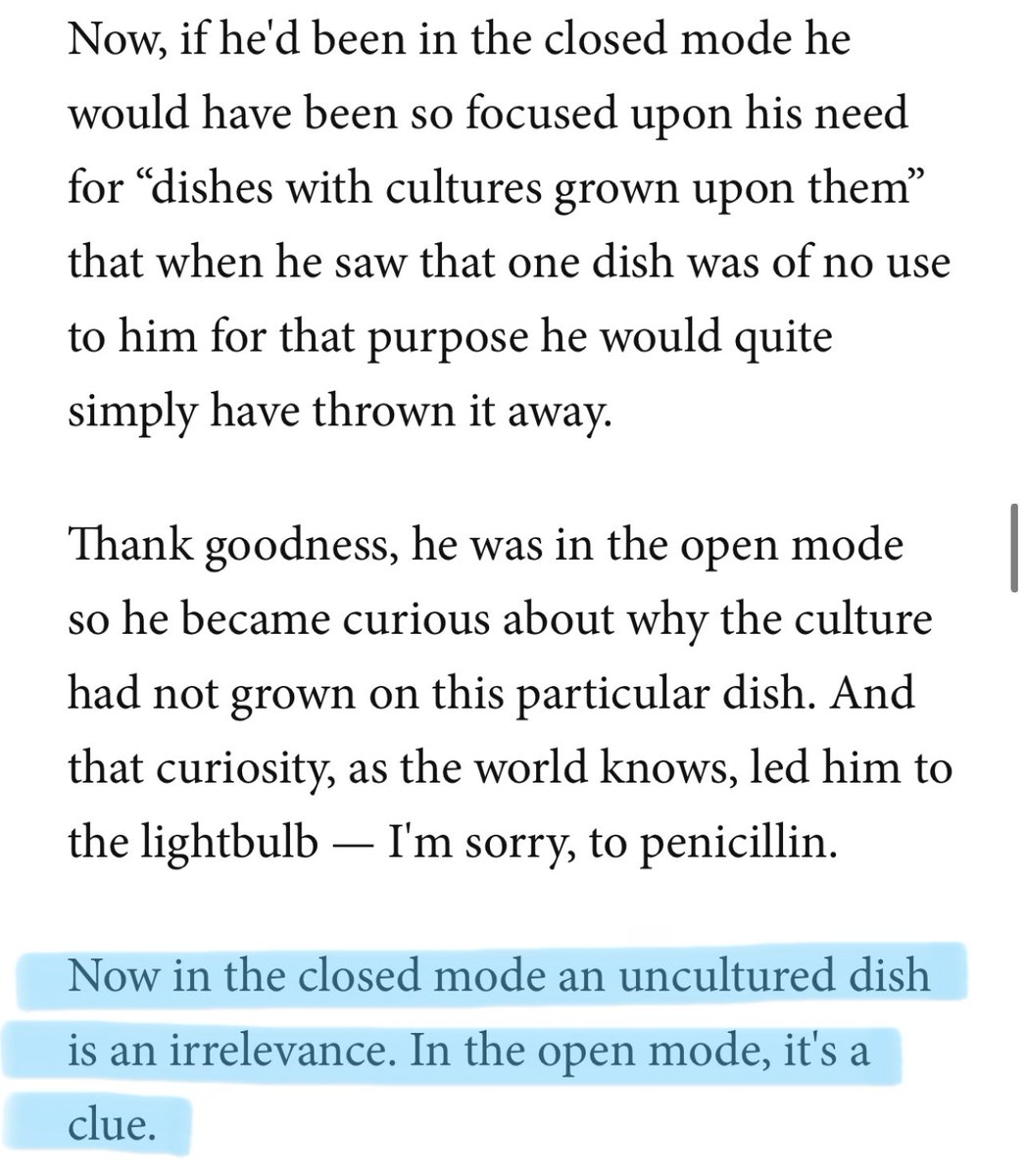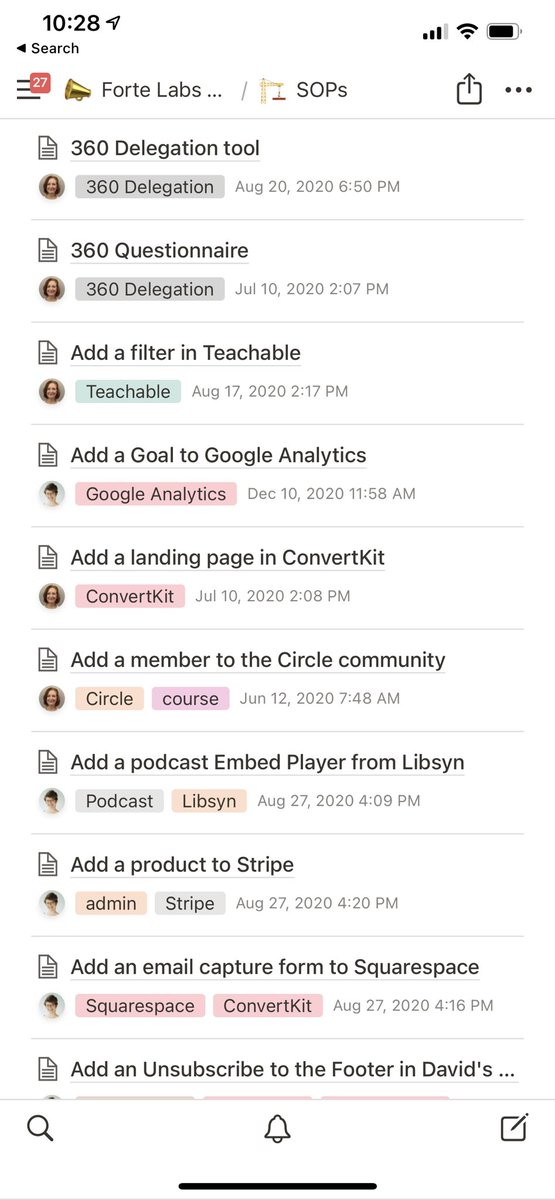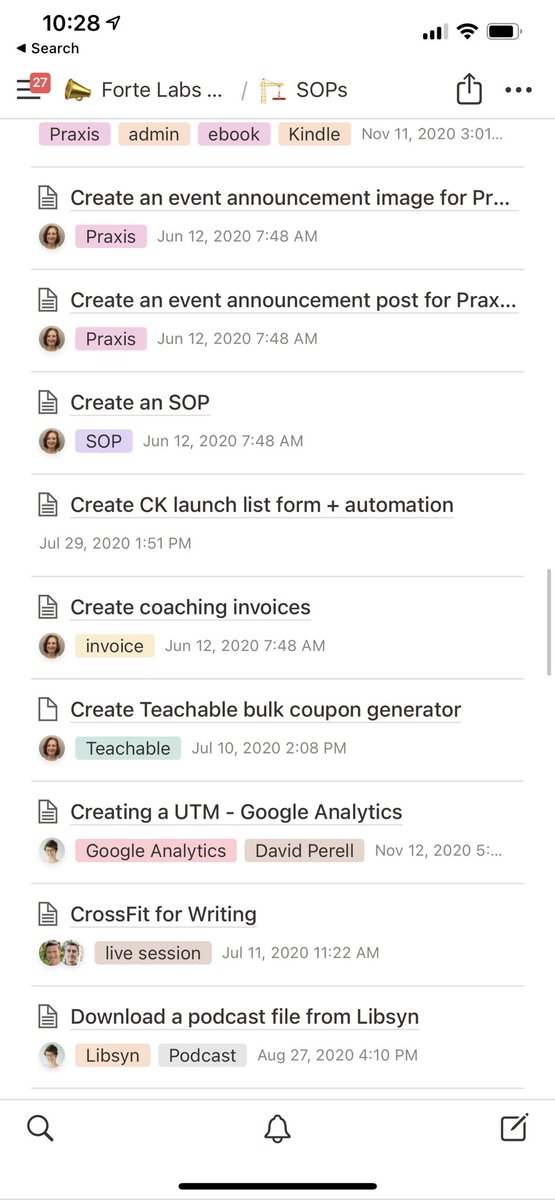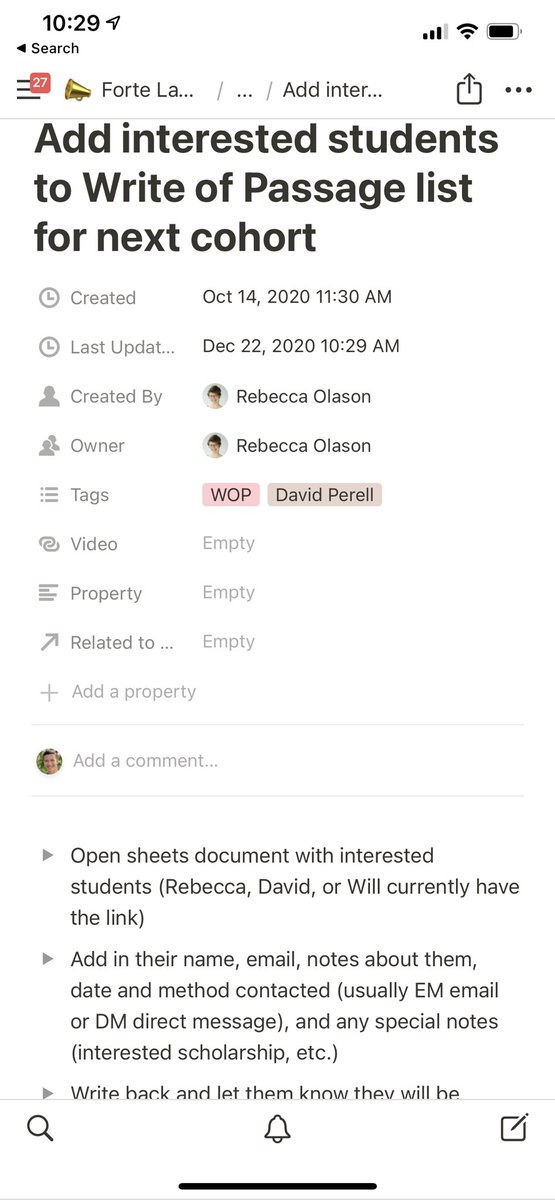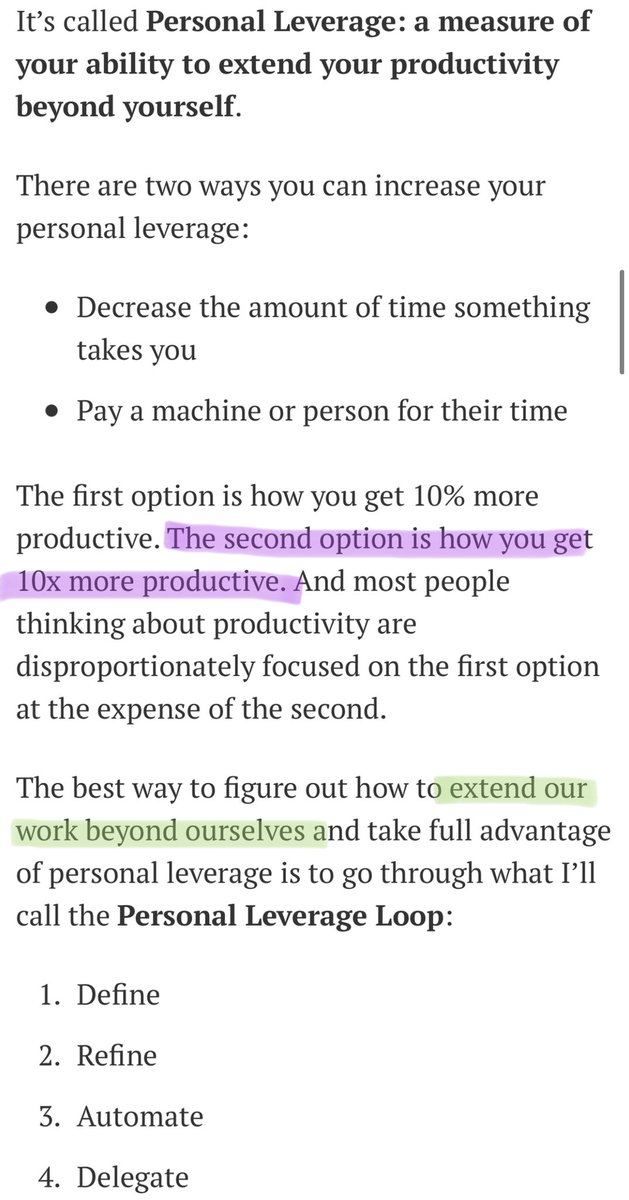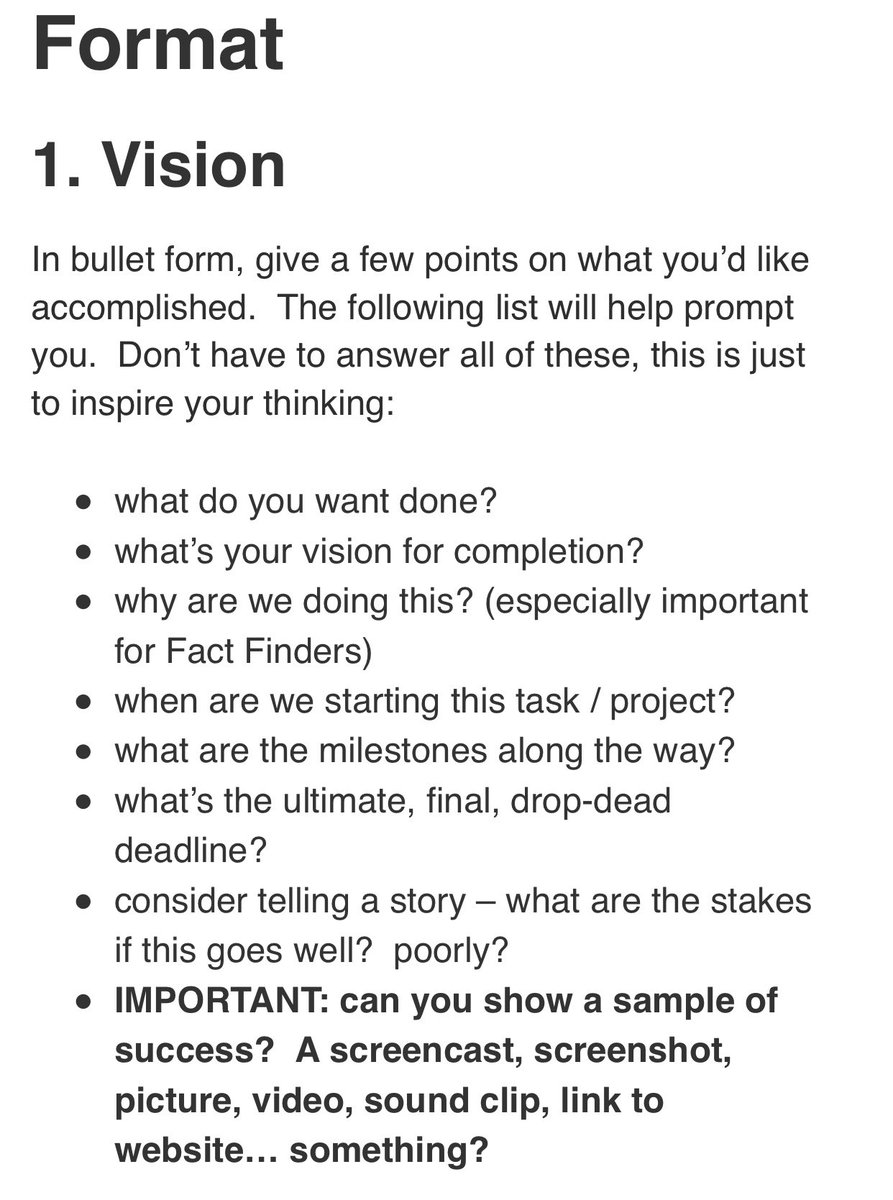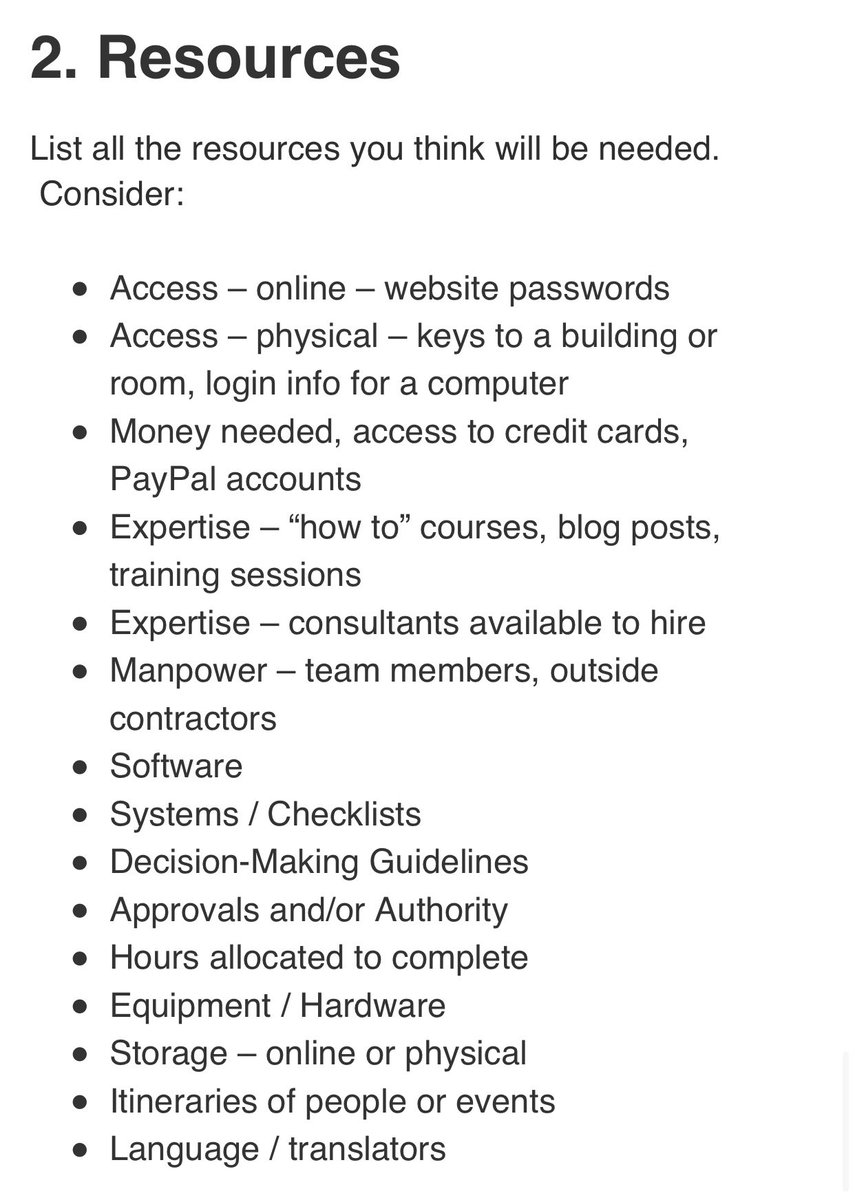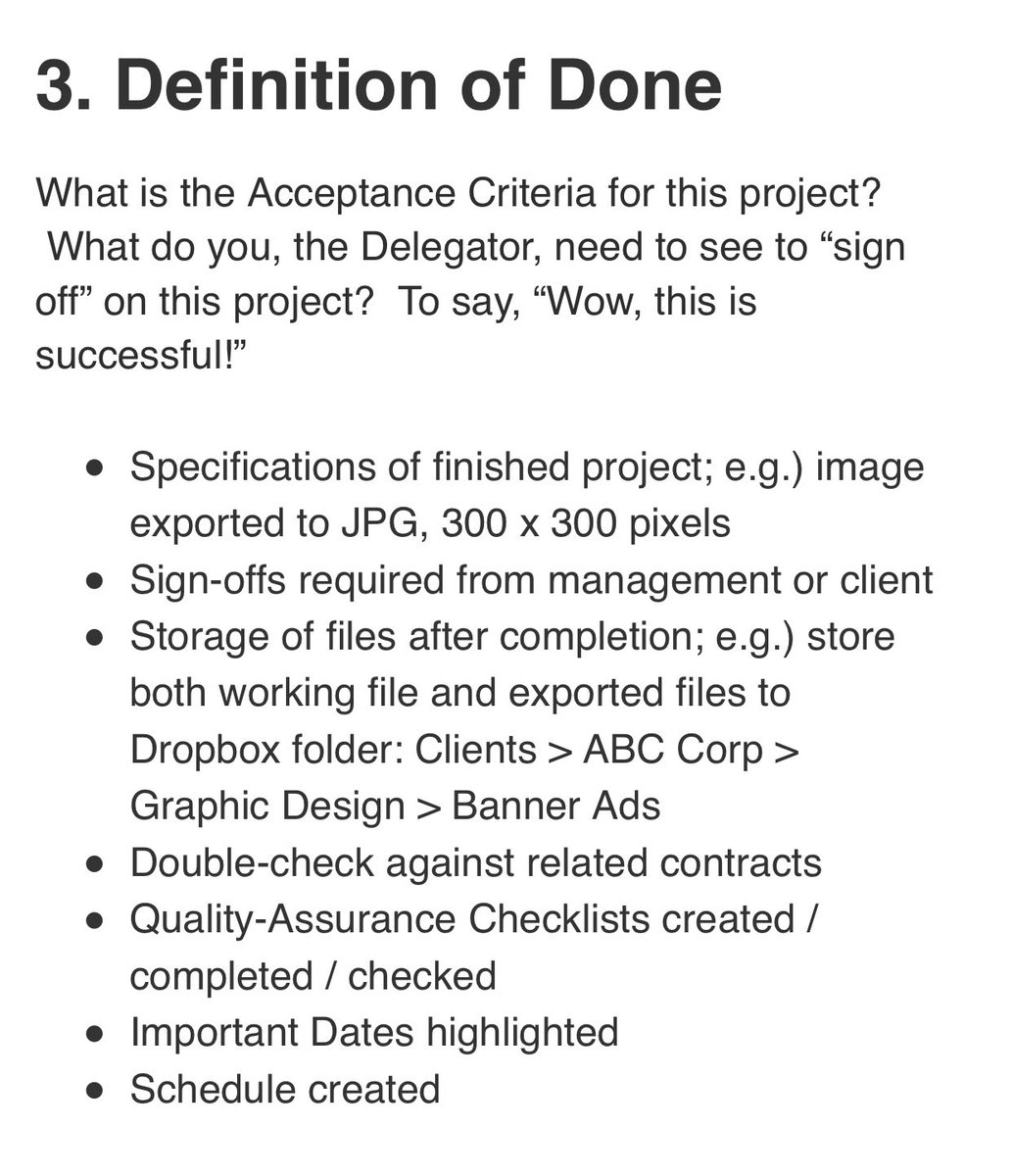
One of the best ways to improve your writing is to find a brilliant author who nobody knows about.
Read all their work, summarize it, build upon it, and you’ll have people saying “wow, I’ve never seen anything like this before.”
Read all their work, summarize it, build upon it, and you’ll have people saying “wow, I’ve never seen anything like this before.”
I’ve been reading Lewis Mumford who exemplifies these ideas perfectly.
He studied how technology transformed culture, with a focus on cities and machines. Though he was once influential, his ideas have been forgotten. And now, I’m going to translate them for the Internet age.
He studied how technology transformed culture, with a focus on cities and machines. Though he was once influential, his ideas have been forgotten. And now, I’m going to translate them for the Internet age.
We should value originality, but not so much that we ignore the wisdom of those who came before us.
You do the world a great service when you synthesize the ideas of brilliant people who came before you. And when you write about their work, you find ways to build upon it too.
You do the world a great service when you synthesize the ideas of brilliant people who came before you. And when you write about their work, you find ways to build upon it too.
There’s a whole online subculture that’s been influenced by this article by @vgr.
It’s a summary of “Seeing Like a State.”-and it’s an example of how a writer can build upon the work of others and make their ideas accessible by adding fresh language.
ribbonfarm.com/2010/07/26/a-b…
It’s a summary of “Seeing Like a State.”-and it’s an example of how a writer can build upon the work of others and make their ideas accessible by adding fresh language.
ribbonfarm.com/2010/07/26/a-b…
If old books aren’t your thing, summarize academic papers.
The point is that if you can contribute to the intellectual world, even if you don’t have original ideas. And by writing about ideas, you’ll accelerate your learning — which will facilitate original thinking.
The point is that if you can contribute to the intellectual world, even if you don’t have original ideas. And by writing about ideas, you’ll accelerate your learning — which will facilitate original thinking.
https://twitter.com/david_perell/status/1288527168507527168
“Creativity is combinatorial, nothing is original, everything builds on what came before, and we create by taking existing pieces of inspiration, knowledge, skill, and insight that we gather over the course of our lives and recombining them into new creations.”
— Maria Papova
— Maria Papova
All creativity is inspired by other people’s ideas. The faster you embrace that, the more successful you can be as a creative.
So look for opportunities to create “Intellectual Phase Transitions.”
Here’s my mini-essay.

So look for opportunities to create “Intellectual Phase Transitions.”
Here’s my mini-essay.


• • •
Missing some Tweet in this thread? You can try to
force a refresh


